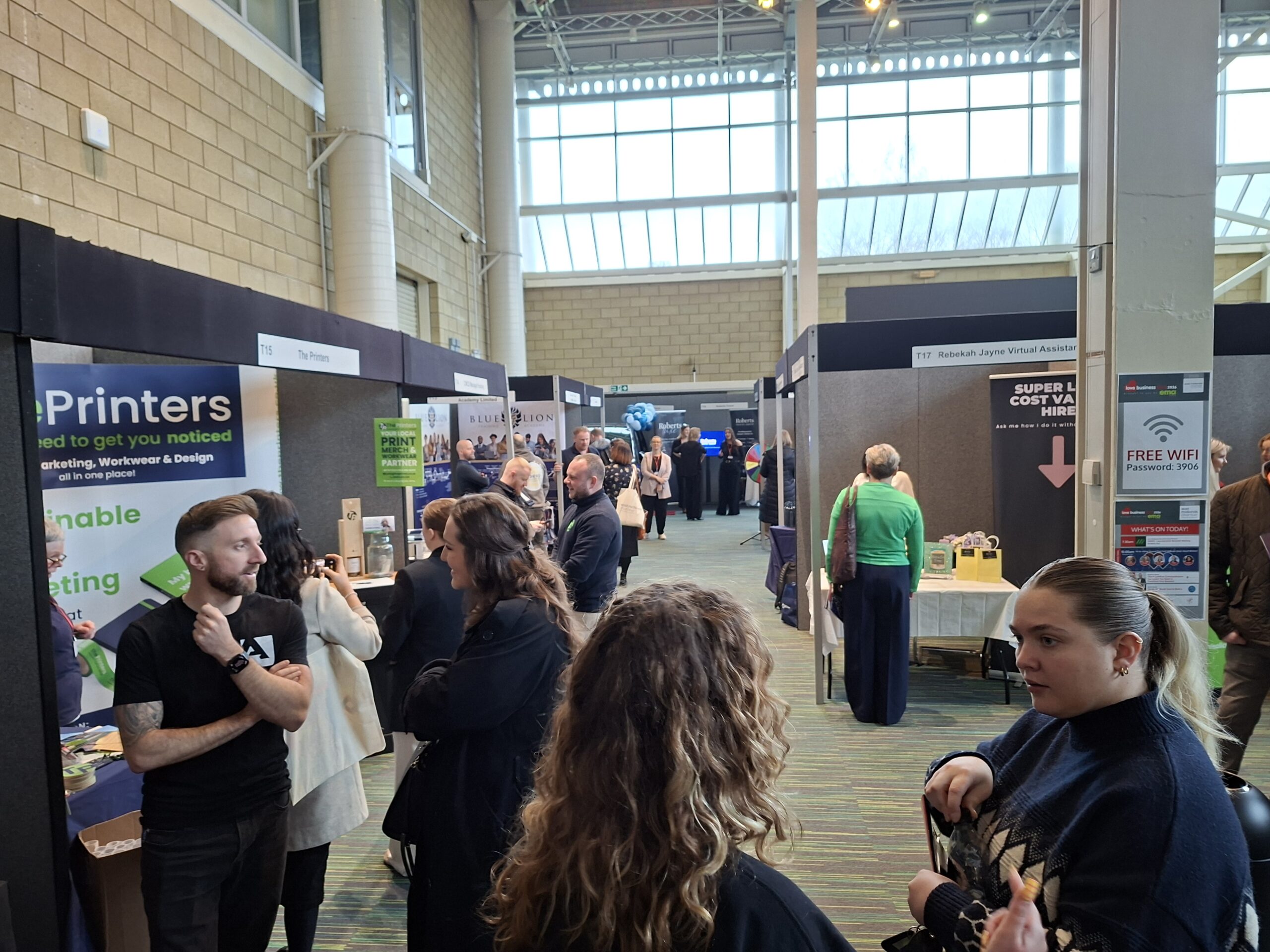After the latest monthly GDP figures from the Office for National Statistics showed there was no growth in July, East Midlands Chamber has called for supportive policies in the upcoming Autumn Budget to protect firms from additional costs.
East Midlands Chamber Director of Policy and Insight Richard Blackmore said: “Seeing a growth slowdown in this second half of the year will raise the concern of businesses, especially with the Autumn Budget not far away. Any additional cost burden must be avoided – a point that’s only amplified when you consider the pressure firms have been under in recent months and the East Midlands data we’ve gathered from hundreds of firms across the region showing fragile confidence.
“Businesses have had to foot higher employer National Insurance contributions, a higher national living wage and inflation shot up to 3.8% in July. Combined, these factors have made for an extremely challenging trading environment.
“Findings, in multiple measures, right across the board in our Quarterly Economic Survey have laid bare the extent of challenges businesses in our region are facing, with only three out of ten East Midlands businesses saying they expect increased profitability over the next 12 months, while inflation and corporate taxation top the list of concerns.
“Political leaders still have an opportunity to listen to the needs of firms and remove some of the obstacles they are faced with. To support our members across the East Midlands, we have contacted politicians and called for essential changes to the Employment Rights Bill, at a crucial time before the Bill is signed off with Royal Assent. Changing the key parts of that Bill would avoid additional pressure placed on firms with paperwork and associated costs.
“Government has already asked a lot from business. Firms will be looking to the Autumn Budget on 26th November, where it is essential they are not hit with further tax hikes that would add to the mountain of tough challenges they have had to navigate.”
To view East Midlands Chamber’s Quarterly Economic Survey for Q2 2025 click here








